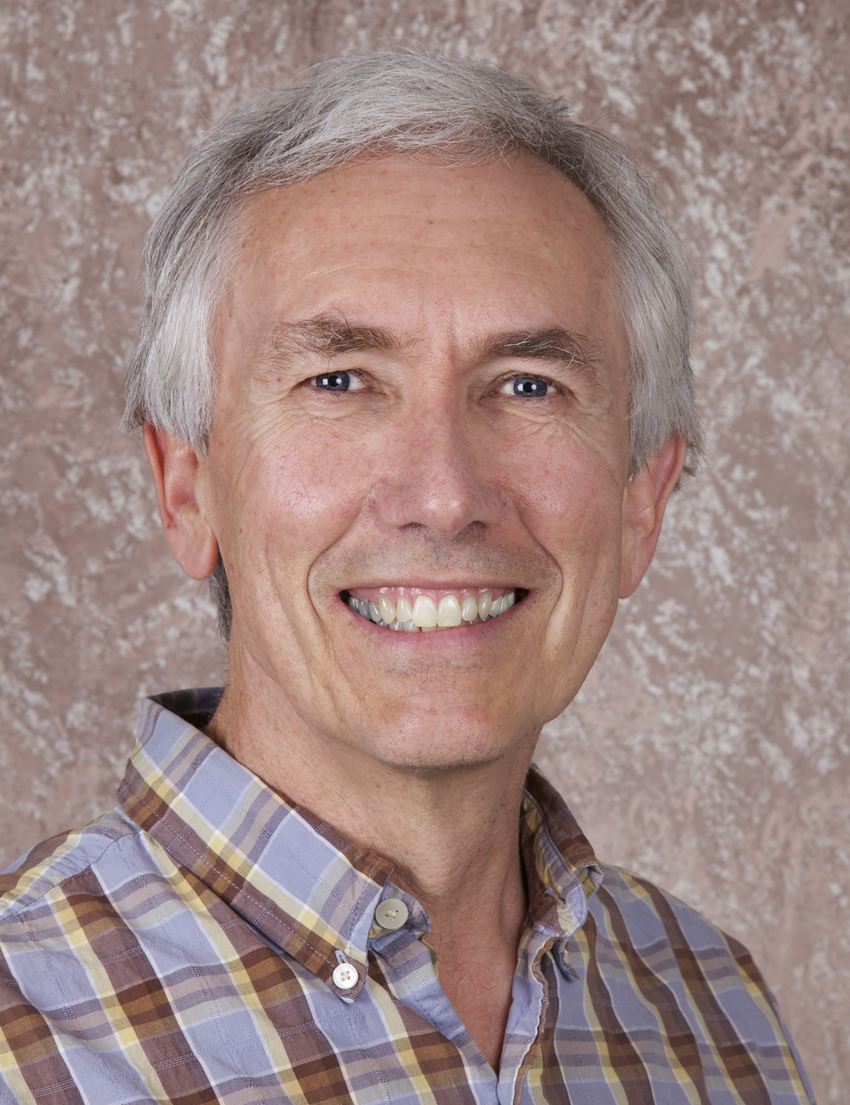This event is from the archives of The Notice Board. The event has already taken place and the information contained in this post may no longer be relevant or accurate.

The last two decades have witnessed an explosion of new knowledge concerning changes in neuroplasticity in response to experience and by brain injury such as stroke. In spite of these research advances, there has been little impact on treating those left impaired by stroke. Stroke survivors appear no better off today than they were twenty-five years ago. Indeed, some prominent stroke recovery experts question whether rehabilitation is having any impact at all or whether post-stroke improvement is due solely to spontaneous biological recovery. In my seminar, I will use illustrative examples from my own research, and from others, to show how variation in rehabilitation timing and dosage, lesion location and exercise can profoundly impact post-stroke outcomes. These examples, along with some from the clinical realm, will reveal how preclinical and clinical stroke research can become much better aligned. Hopefully, this strategy will lead to new, more individualized and potentially more effective approaches for increasing human stroke recovery.
Free
Contact:
Candace Burke | cj.burke@uleth.ca